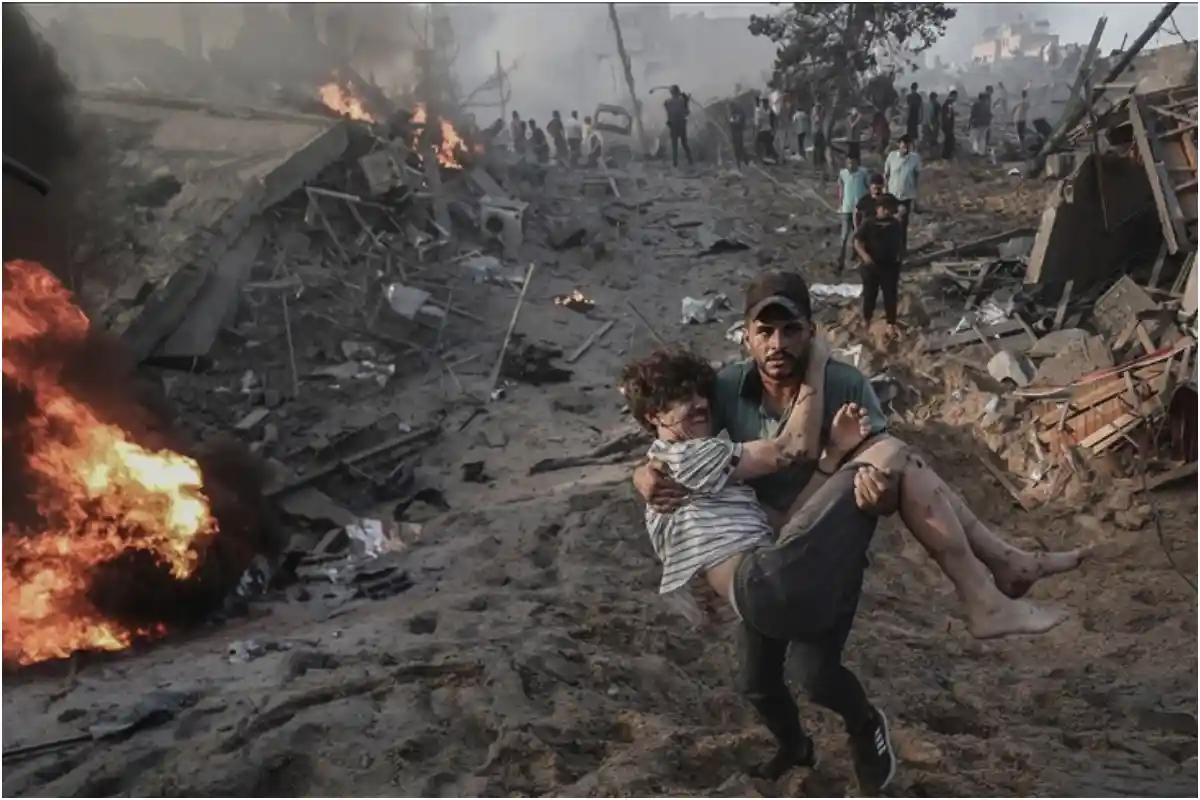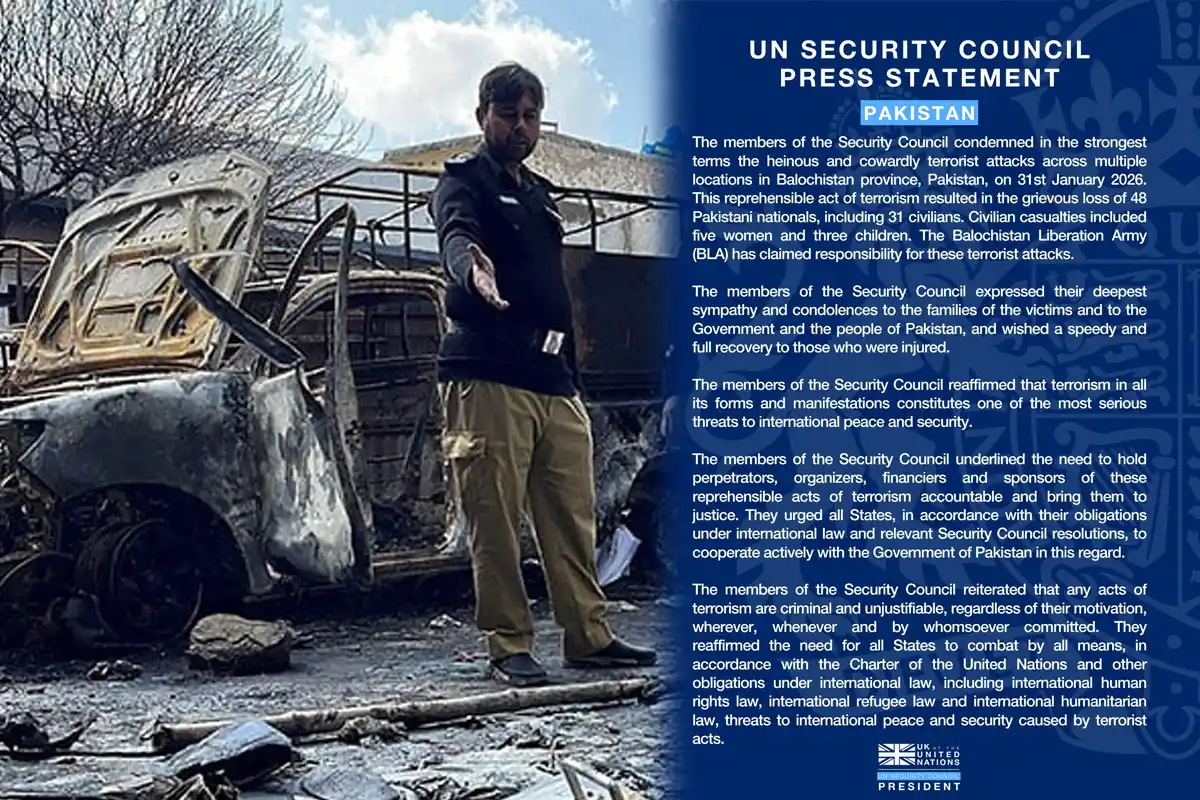Why Humanitarian Aid Is Key to the Gaza Cease-Fire

Why Humanitarian Aid Is Key to the Gaza Cease-Fire
Nine days after the cease-fire between Israel and Hamas took effect in Gaza, reports of renewed violence have raised deep concerns among aid workers and medical professionals on the ground. According to Doctors Without Borders (MSF), hospitals across the Gaza Strip received dozens of patients with blast injuries following Israeli airstrikes.
MSF medical teams at Al Aqsa Hospital treated 70 patients suffering from blast wounds, while staff at Nasser Hospital in Khan Younis treated a patient reportedly shot by an Israeli quadcopter. In Deir al Balah, one of MSF’s field hospitals received 18 more patients injured in the attacks. The U.N. Department of Safety and Security confirmed that at least five areas across Gaza were hit by airstrikes.
These attacks occurred less than two weeks after Israel and Hamas agreed to a cease-fire and began exchanging Israeli hostages and Palestinian detainees. The renewed violence has left MSF staff “shocked and frightened,” fearing a collapse of the fragile truce that has brought temporary relief after two years of devastating conflict that has killed nearly 70,000 Palestinians and injured more than double that number, according to Gaza’s health ministry.
As tensions persist, so do disputes over border access. Within 24 hours, Israel revoked and then reinstated its decision to close the Rafah border crossing with Egypt. While the Kerem Shalom and Kissufim crossings have reopened, Rafah remains shut — a major blow to aid deliveries.
The situation highlights a pressing reality: while the cease-fire is vital to stop further bloodshed, the real battle now lies in ensuring the flow of humanitarian aid. Only 750 metric tons of food are entering Gaza each day — far short of the World Food Programme’s target of 2,000 tons. Experts and aid groups have called conditioning aid delivery “illegal, cynical, and inhumane.”
The humanitarian crisis in Gaza remains catastrophic. More than 90% of homes are damaged or destroyed, and a U.N.-backed report in August confirmed that famine had already taken hold in Gaza City. Water, power, and sanitation systems are largely destroyed, and meaningful economic activity has become impossible.
Nowhere is the devastation more apparent than in Gaza’s health sector. Only 14 of 36 public hospitals are partially functioning, with none fully operational. Over 1,700 healthcare workers have been killed since the war began, including 15 MSF staff. “The health system is not collapsing by chance,” MSF stated. “It is because Israeli bombs and blockades have made it impossible for hospitals and health clinics to work as they should.”
At least 15,000 patients are waiting for medical evacuation, with 740 — including 137 children — dying while awaiting permits to leave Gaza. Egypt has received 1,623 patients, while other nations have accepted far fewer.
Despite improvements in the commercial supply of goods since the cease-fire, humanitarian aid remains stalled by bureaucracy and restrictions on “dual-use items” — materials such as solar panels, surgical tools, and spare parts for water pumps that require special permits. Aid groups and international courts argue these restrictions violate Israel’s legal obligations.
Humanitarian organizations insist that aid must not be conditional. “Denying people the essentials necessary for their survival to obtain compliance or a political agreement should be unacceptable,” one MSF statement said. “Humanitarian aid and civilian protection are unambiguous obligations under international law. People do not have to earn or justify their right to food, medicine, and shelter.”
Catch all the Trending News, Breaking News Event and Trending News Updates on GTV News
Join Our Whatsapp Channel GTV Whatsapp Official Channel to get the Daily News Update & Follow us on Google News.














